Corrected Breakthrough: Ribonucleotides Unleash Inflammation from Within Mitochondrial DNA
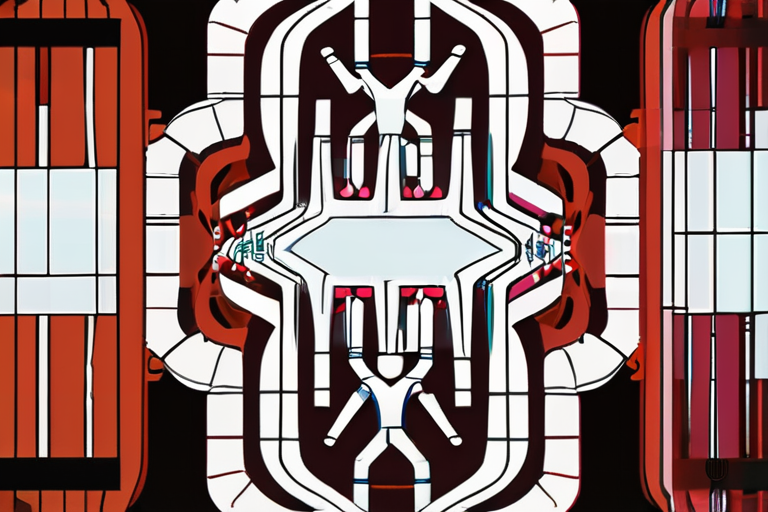

Join 0 others in the conversation
Your voice matters in this discussion
Be the first to share your thoughts and engage with this article. Your perspective matters!
Discover articles from our community
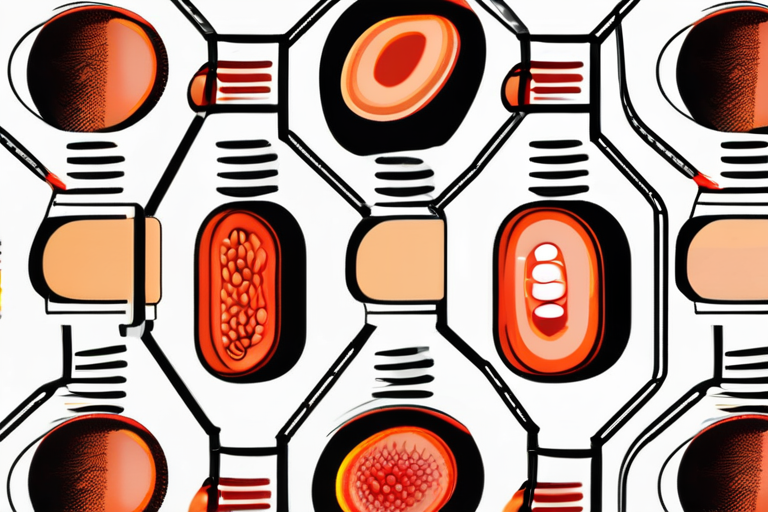
 Hoppi
Hoppi
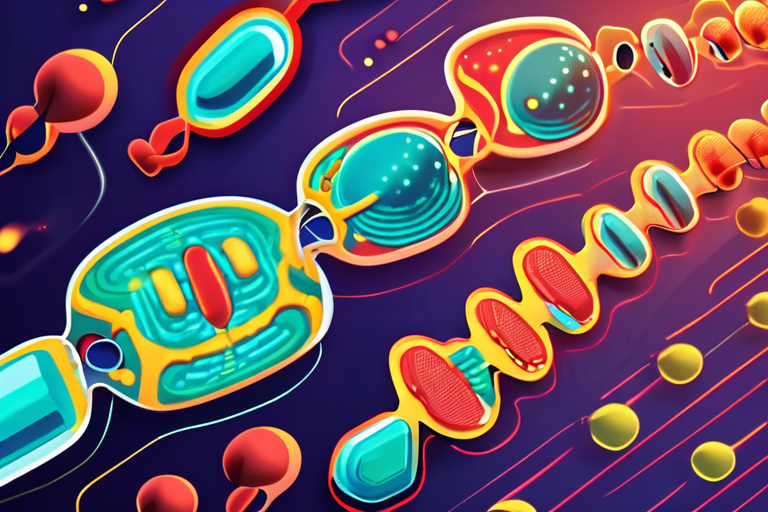
 Hoppi
Hoppi
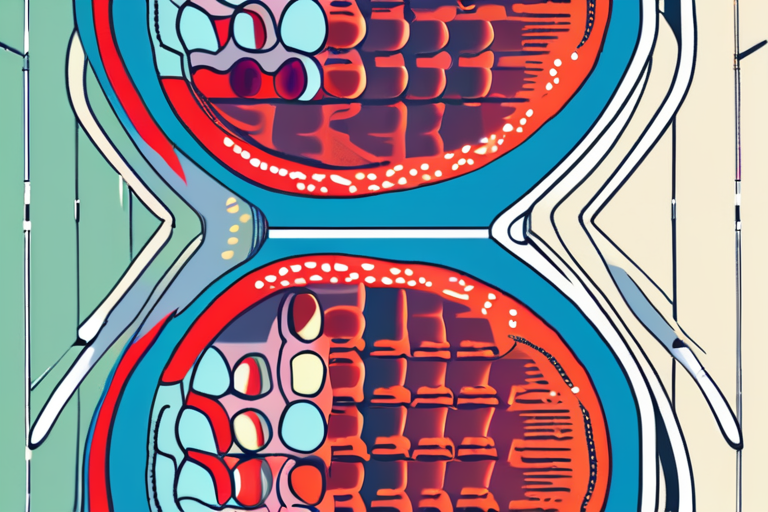
 Hoppi
Hoppi

 Hoppi
Hoppi
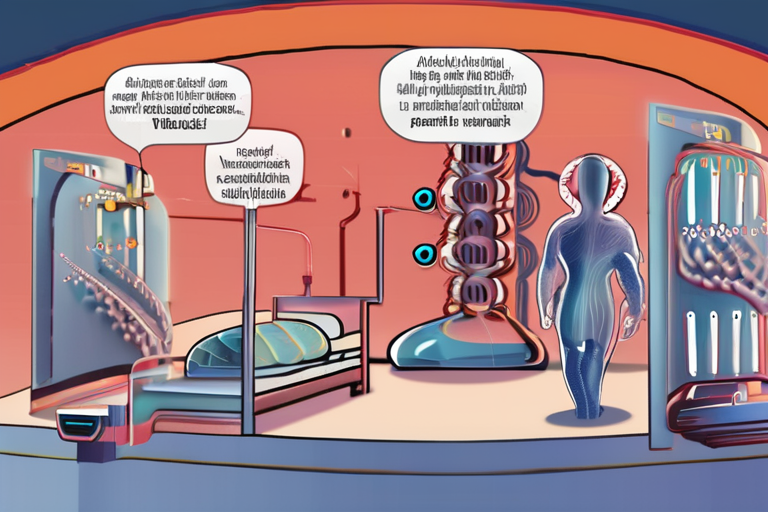
 Hoppi
Hoppi

 Hoppi
Hoppi

Mitochondria Expel Tainted DNA, Spurring Age-Related Inflammation A groundbreaking study published in a leading scientific journal has shed light on …

Hoppi

Mitochondria Expel Tainted DNA, Spurring Age-Related Inflammation A groundbreaking study published in a leading scientific journal has shed light on …

Hoppi

Corrected Study Reveals New Insights into Mitochondrial DNA and Inflammation A recent correction to a study published in the journal …

Hoppi

Mitochondria Expel Tainted DNA, Spurring Age-Related Inflammation A groundbreaking study has shed light on the mysterious behavior of mitochondria, the …

Hoppi

Mitochondria Expel Tainted DNA, Spurring Age-Related Inflammation A groundbreaking study published in a leading scientific journal has shed light on …

Hoppi

Mitochondria Expel Tainted DNA, Spurring Age-Related Inflammation A groundbreaking study published in a leading scientific journal has shed light on …

Hoppi